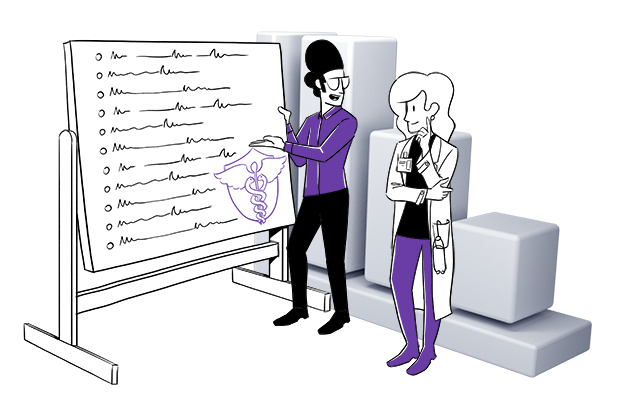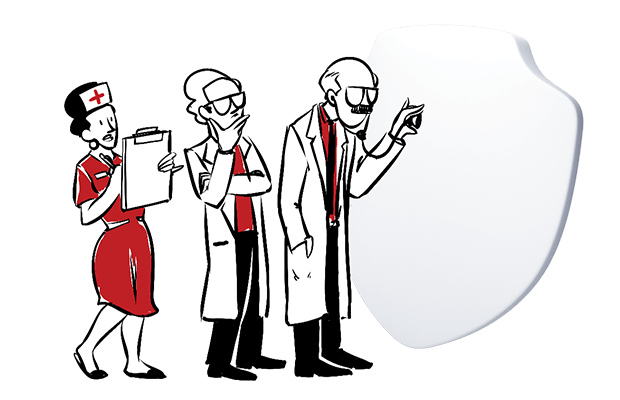Personal data is a term defined by the General Data Protection regulation (GDPR), accepted as law across the European Union (EU). It means information using which you will be able to identify a specific person.
Examples of personal data include:
- Full name
- Home address
- Email address
- Social security number
- Passport number
The GDPR defines persona data as the following:
Article 4(1):‘personal data’ means any information relating to an identified or identifiable natural person (‘data subject’); an identifiable natural person is one who can be identified, directly or indirectly, in particular by reference to an identifier such as a name, an identification number, location data, an online identifier or to one or more factors specific to the physical, physiological, genetic, mental, economic, cultural or social identity of that natural person;
However, this kind of data is very often mistaken for causing confusion for organizations that collect, store and analyze such data.
What’s more, under the GDPR you can consider Cookies as personal data because according to the Recital 30:
Natural persons may be associated with online identifiers provided by their devices, applications, tools and protocols, such as internet protocol addresses, cookie identifiers or other identifiers such as radio frequency identification tags. This may leave traces which, in particular when combined with unique identifiers and other information received by the servers, may be used to create profiles of the natural persons and identify them.
To find out more about personal data visit the Piwik PRO blog:










